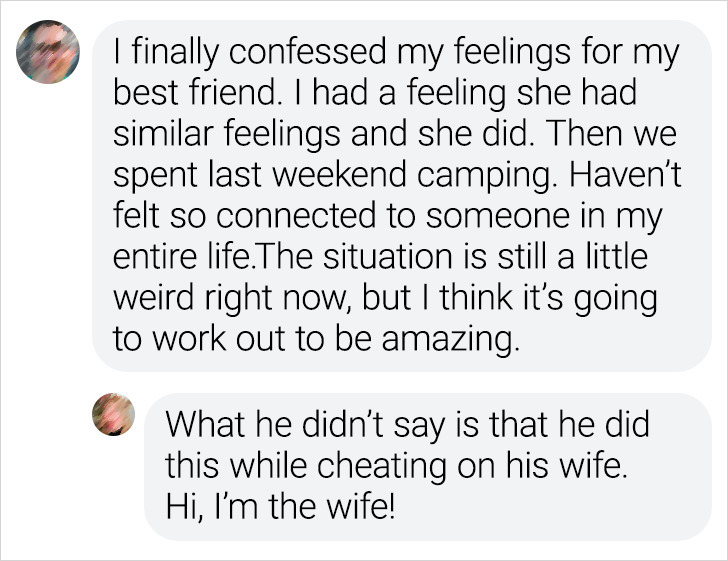10 Signs Your Relationship Is Over
When we’re in love, we tend to either ignore some sure signs, thinking that it may get better, or we may make a rash decision. Difficulties can exist in building a happy relationship. If you think you’ve made every effort to keep things together, don’t lose hope because there are a lot of ways out there to try to work things out for the better.
5-Minute Crafts rounded up some useful tips to help you understand why you’ve been sensing your relationship’s coming to an end.
1. There is constant criticism.
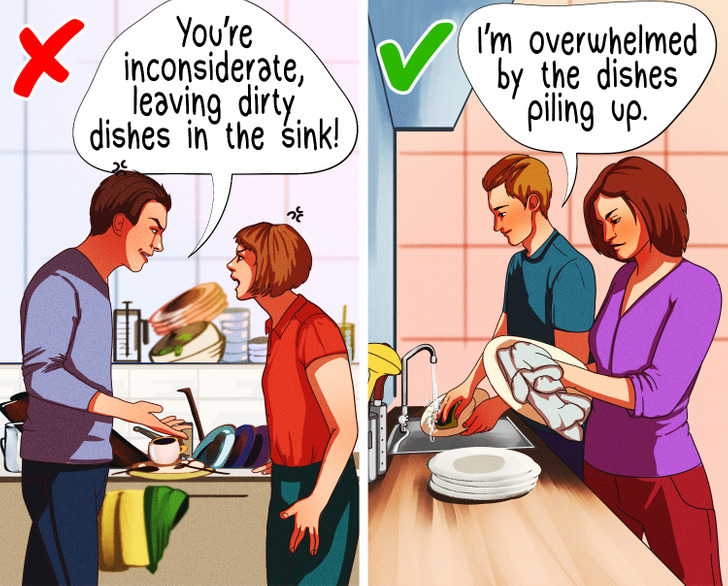
In relationships, some degree of constructive criticism is acceptable. At times, it’s okay to advise and improve one another without compensating for their drawbacks. However, there may come a time when criticism becomes detrimental. When it leads to a dangerous level, such as belittling or gaining complete control over the person, then it’ll poorly affect the relationship.
- Criticism is different from a complaint. While a complaint focuses on the actual problem, criticism focuses on making the partner the problem and attacks the person’s character. It starts as low-key at first, but over time, it turns into a commentary act of your partner’s personality traits, flaws, or character rather than behavior.
- When done excessively and non-stop, it’ll create resentment, unhappiness, tension, and drive people apart in the long run. Also, an overly criticized person won’t see their path forward and will always need an outlet to vent to outside of the relationship.
2. Ceaseless fighting
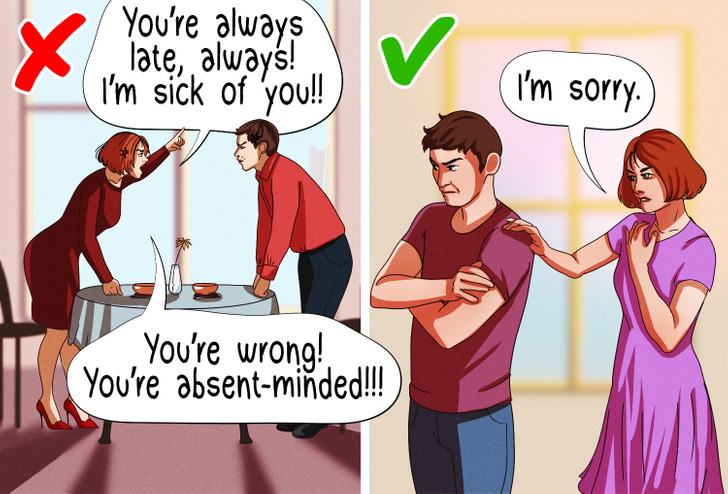
In happy and healthy relationships, it’s normal to have disagreements. Sometimes, if done properly, arguing or fighting may be one of the healthy ways to fix a problem rather than sweeping it under the rug.
- Dealing with disagreements constructively is important. To resolve an issue and put an end to a fight, find out why you are arguing, try talking it over again at an appropriate time, or start the discussion in a friendly manner. You can also use “I” statements rather than “you” when starting your sentences, and try to see the things from your partner’s perspective.
- Constant fighting may tell you there are some underlying issues. If they aren’t addressed and worked on together, you’ll be digging and dredging up old stuff, relentlessly fighting about the same problem like there’s no tomorrow. And you also might find yourself guarded all the time, which is the last thing you want in your relationship.
- The takeaway: You can give each other space to get both of your points across. In doing so, be frank and speak from your heart. Also, don’t bring up the past all the time because putting the past on the agenda doesn’t change your partner.
3. You don’t fight anymore or you just don’t care.

It’s good to be agreeable or non-confrontational at times. However, chances are, not arguing will lead to an additional detachment.
- This may sound weird if you’ve known the other way around, but having no arguments or not arguing isn’t good at all. This is because silence in a relationship is a signal that there’s something missing or perhaps the alarm bells are ringing.
- You need to talk, discuss, or argue at times. Even better, act positively and try to find solutions to problems after all those discussions; if you don’t, it may mean that there’s nothing left to argue about anymore. There’s apathy and carelessness, or perhaps one of you has already given up on the relationship.
4. Stonewalling (silent treatment)
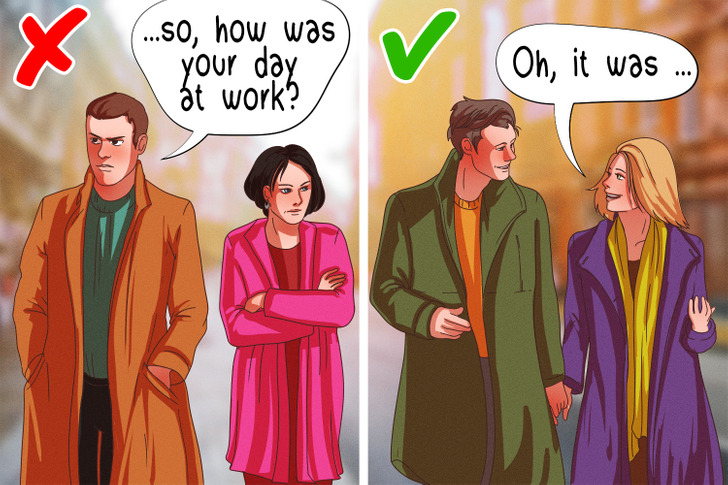
If a person avoids an interaction instead of engaging in a conversation, refuses to cooperate, suddenly changes the topic, or refuses to make eye contact, pretending they don’t hear you, then stonewalling, otherwise known as the silent treatment, is in effect. It’s often considered to be a response to the contempt a person is experiencing in the relationship.
- Stonewalling isn’t a good practice; it’s toxic behavior that abruptly stops any confrontation and consumes the relationship over time. If done frequently, it becomes a bad habit and won’t be so easy to stop, as it houses a feeling within itself to disconnect from the relationship.
- Just walk away and regain your control before coming back to the person if someone is stonewalling you.
- The takeaway: When you feel like you’re drifting apart from one another, consider coming together with your other half and work on why you’ve come to this stage. So forgive the mistakes of the past, accept your own mistakes, and focus completely on the present.
5. Spending time together isn’t fun anymore.

In relationships, giving yourself the time and space to do some individual growth work is okay. It’s good for your psyche to have some me-time for yourself, and sometimes it’s healthy for the relationship too.
- However, if you avoid each other, find excuses not to spend time together, and you constantly end up wanting to spend your time with anyone but your partner, then it’s a red flag.
- The takeaway: Do the things that make you happy together more often. This way, you can collect more memories that will make you happy when you remember them.
6. There is neglect.
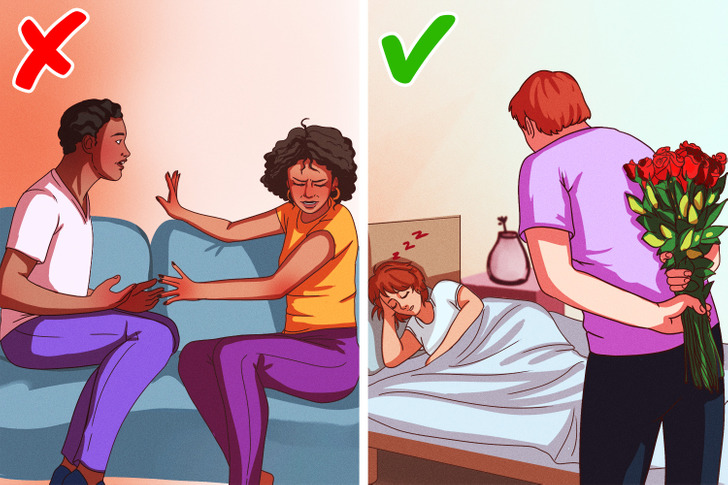
Emotional neglect often occurs when one of you fails to value or take the other person’s feelings or emotions into consideration and, instead, prioritize other things. In return, the person won’t feel valued anymore.
- How to understand emotional neglect: They are always in the middle of things and don’t want to be bothered when you want to talk to them. As a result, you feel lonely, unworthy, and have low self-esteem as if you were in your own relationship.
- The takeaway: Trying to change your partner won’t work if they don’t want to. Therefore, just accept your partner, talk to each other, and determine a common way of doing things. Your partner needs to feel it. If you care about it, you’ll make an effort to solve it.
7. Your partner isn’t your go-to person anymore.
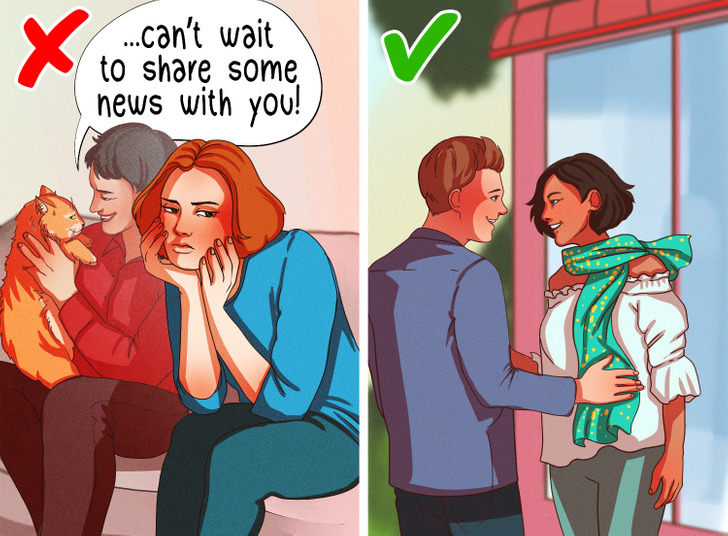
You may have noticed that you rarely or never share anything with each other anymore, not even the good things that happen in your life.
- You don’t want to confide in your partner when you are having a bad day, or your partner isn’t the first person you reach out to when you have good news to share, like a promotion at work.
- They are not your confidant anymore; neither of you ever wants to share important moments. You stop feeling connected to each other but make more room for family and friends, which leads to major loneliness in a relationship.
8. There is contempt.
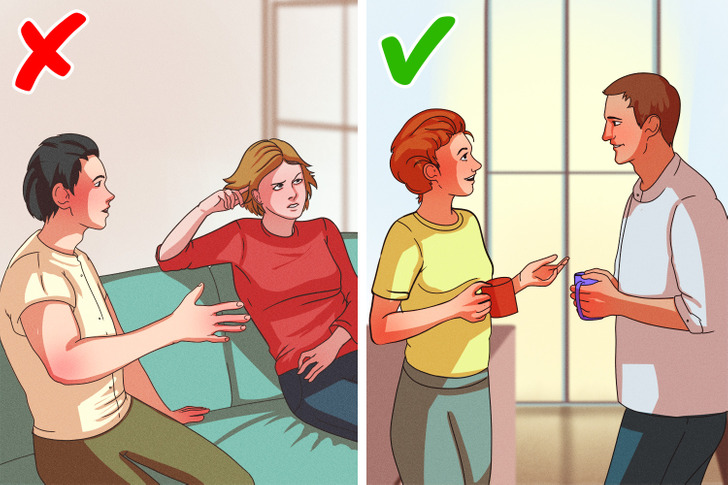
Contempt is one of the most destructive behaviors and powerful emotions, stemming from unexpressed anger in a relationship. It indicates that the relationship is failing, and there’s little love left. The basic notion in contempt is the feeling that someone’s better than the other one. As such, a person is talking down to the other in a superior, disrespectful way, making resolving an issue nearly impossible. Contempt is expressed in various ways, such as:
- Rolling one’s eyes when the other person is talking — not in a sweet way though — is an indication of disrespect and contempt.
- One person insults the other by name-calling, using sarcasm, mimicking, or scoffing to devalue them.
9. You’re no longer essential to each other.
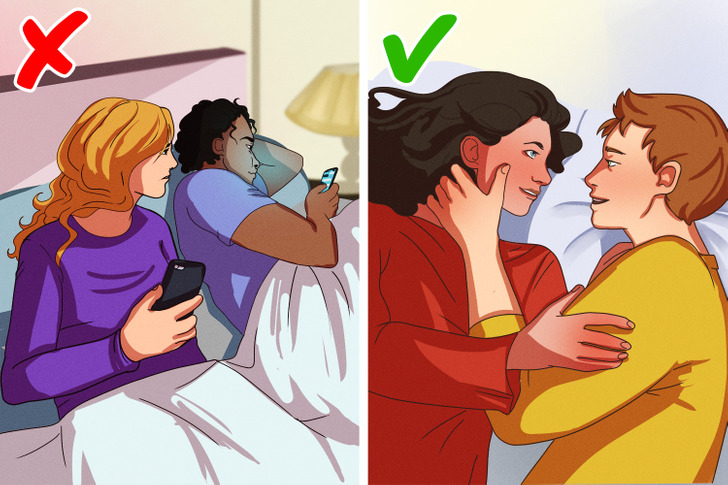
The sign of a healthy relationship is that you both have importance for each other while each party has their own independent abilities and strengths to live alone.
- Keep in mind that it’s normal to go through rough patches in a relationship from time to time. However, if you’ve stopped experiencing romance for months or have a lack of intimacy, then it’s time to question your relationship carefully.
- The takeaway: You can make some palpable requests from your partner. Instead of telling them or asking them if they’re still interested in you, you can ask them to take care of you or hug you instead.
10. Defensiveness

Defensiveness is blaming your partner for the problem and claiming the problem isn’t your own faullt. A defensive person doesn’t take responsibility and, instead, they blame their partner. Defensiveness and complaints can get mixed up. Defensiveness is a counterattack to the complaint.
- In life, it’s okay to be defensive when you find yourself in a situation where you are unjustly accused. It’s also acceptable to bring up a concern about anything with your partner. However, if your partner becomes defensive all the time, it isn’t okay.
- The takeaway: When talking to a defensive partner, don’t say, ’’You always do this.’’ Instead, explain how you felt when your partner did something to you. You can also apologize quickly to your partner and add how sorry you are that you made him or her feel that way.
